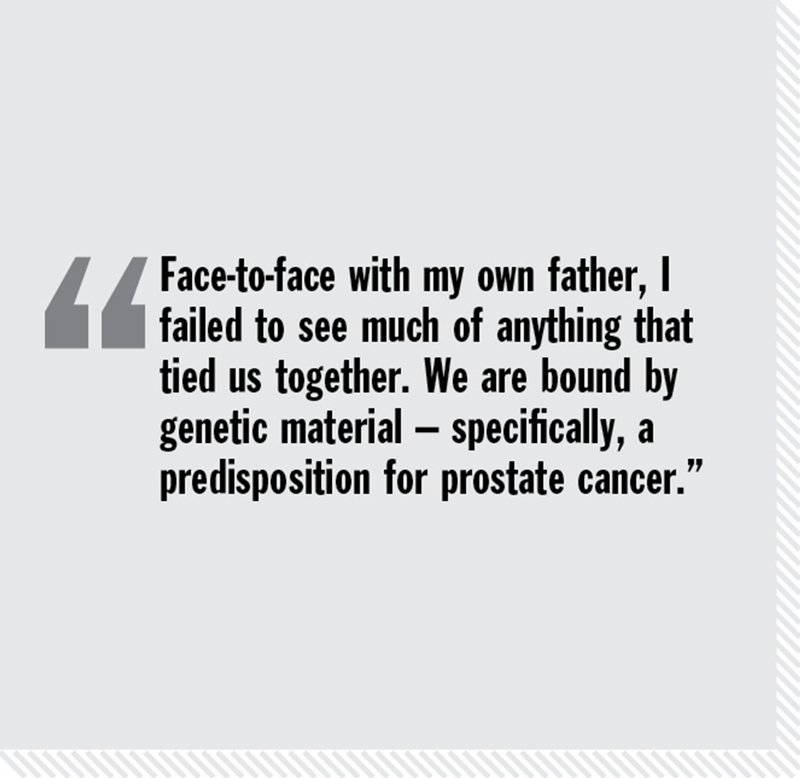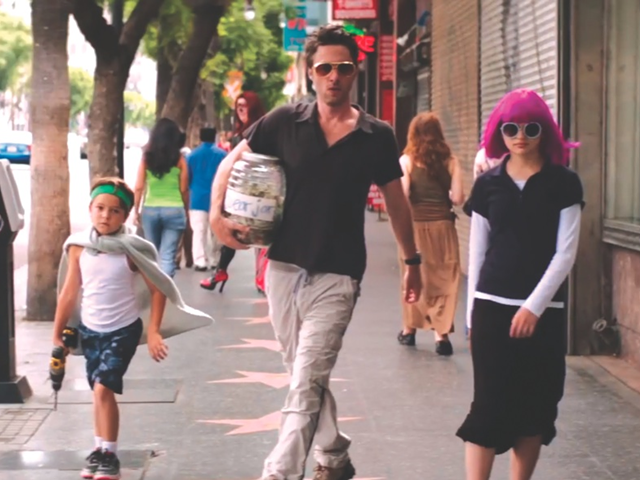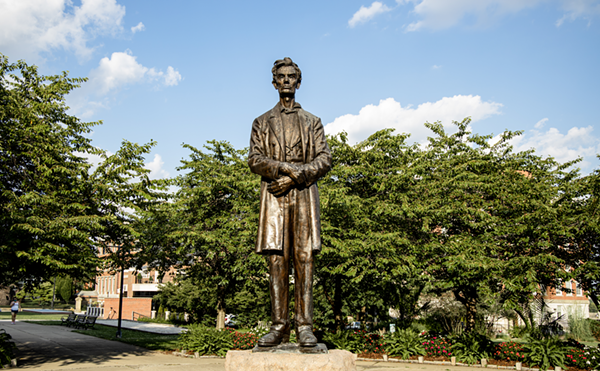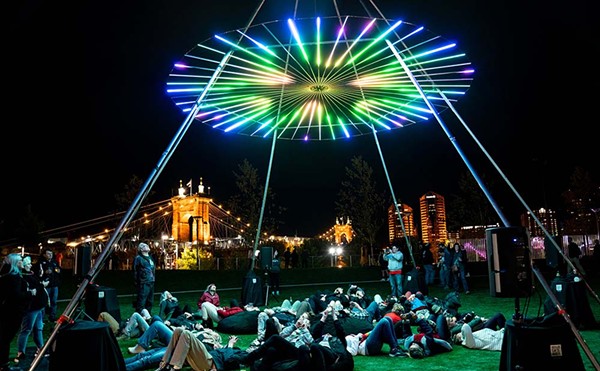Instead of starting off with questions about what I learned about international film culture from attending the Munich Film Festival, it would be far more instructive to kick off with a discussion about what the experience made me think about in terms of what it means to be modern.
I routinely revisit the three philosophical objectives from The Cornel West Reader, digging into the academic philosopher’s definitions of what it means to be human, modern and American, as the mood or subject strikes me.
Here, modernity presents a state of contrasts. West believes — and I’m paraphrasing here, so bear with me — that the essence of being modern can be found in a willingness to use one’s intellect and will to challenge current boundaries, modes, means and technologies in an effort to break through to a new state. To be modern is not to merely be satisfied with the moment, but to usher that moment into the future.
As a first-time traveler in Europe, I was impressed with the idea of Munich as an Old World city, romantic in its fashion, yet thoroughly exploring and embracing what would seem to staid Cincinnati as a brave new world. I’ve lived in U.S. cities of various sizes, and seen Cincinnati struggle to adapt to urban renewal, seeking templates to follow that may not have been the most ideal comparisons, but Munich offers an intriguing alternative reflection.
With screening venues scattered about, the Munich mass transit system transforms what could have been urban sprawl into a well-linked village. There is extreme accessibility that is also cost-efficient thanks to a combination of subway lines and streetcar/surface lines that augment pedestrian traffic and cyclists. Seemingly every sidewalk and/or street has been modified to accommodate bike paths, making the roadways safe, while ensuring maximum movement.
As for the movie houses, I’ve been on record as lamenting the unforgivable lack of cinemas in downtown Cincinnati, so while my praise of Munich may border on the excessive, I hope this serves as a wake-up call for local developers. First off, Munich’s cinema scene has evolved out of the city’s Old World architecture and foundation. Rather than bulldozing the historic in order to create a suburbanized mock-up of old communal squares, Munich utilizes the existing theaters. With intimate viewings on small screens — no stadium seating — the festival provides “the best movies of the summer,” especially if you’re looking for smart, engaging independent fare. And either before or after the movies, audiences can spend time at sidewalk cafes and beer gardens, quenching their thirsts for food, drink and conversation.
And it is this cinema love that I found in Munich, which is different from the fevered excitement found at the Toronto International Film Festival. Toronto is a major film market as well as a festival for movie lovers, so its 10-day schedule is overloaded with titles, eager to gain an advantage as the prestige season commences or secure regional buyers for distribution rights. At times, it feels as if Toronto is less concerned about selective curation, instead laying waste to the audience’s sensibilities through shock and awe.
It is heaven for industry insiders (critics, producers, distributors), and a great show for the locals, but likely a bit much. Munich scales things back — way back — catering to viewers looking for little more than a hint of themselves. The rest, well, they know that can be found elsewhere, in the mainstream blockbusters (in theaters that still don’t look like branded block pods).
Often, when I speak about film, I reference this notion of finding some trace of myself on the scene, something familiar. I believe the same can be said for the places and spaces where we live. Our cities say something about who we are and our sensibilities. I’ve lived in Cincinnati now for almost 15 years and over time have come to appreciate the city’s gradual evolution, which has accelerated in recent years.
What I have also come to realize is that the old adage is true — you must be the change. Munich, our sister city, is the mirror I plan to hold up in the faces of any and everyone I can to say this is the most modern example of what we could be. Take a closer look.
CONTACT TT STERN-ENZI:
[email protected]






